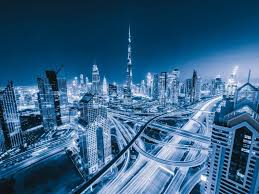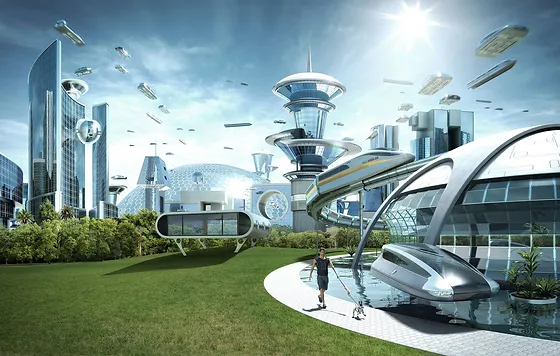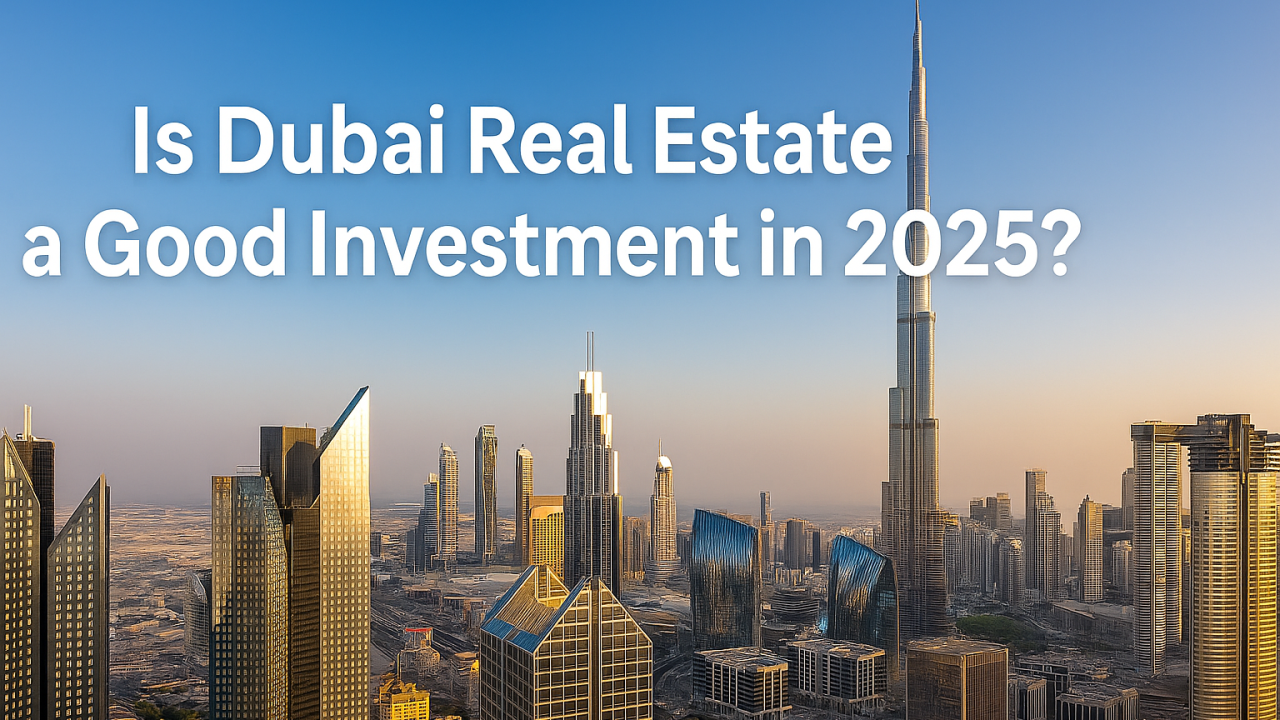Now Reading: Smart City Developments in the UAE: Building the Future of Urban Living
-
01
Smart City Developments in the UAE: Building the Future of Urban Living
Smart City Developments in the UAE: Building the Future of Urban Living

Table of Contents
The United Arab Emirates (UAE) is redefining urban living through its ambitious smart city developments. From Dubai to Abu Dhabi and beyond, the country is leveraging technology, sustainability, and innovation to create cities of the future—where digital connectivity, eco-friendly infrastructure, and efficient public services combine to offer residents and businesses a better quality of life.
Driven by national visions like UAE Vision 2021 and Smart Dubai 2030, these smart cities are not just about futuristic design—they are about using data and technology to improve how cities function, how resources are managed, and how people live and work every day.
What is a Smart City?

A smart city uses technology and data to enhance urban infrastructure and services. This includes:
- Smart transportation and traffic management
- Energy-efficient buildings and utilities
- Real-time communication between government and citizens
- AI-powered public services
- Integrated digital platforms for healthcare, education, and safety
The goal is to make cities more livable, sustainable, and economically efficient.
Why the UAE is Leading the Smart City Revolution
Several key factors make the UAE a global leader in smart urban development:
- Strong government vision and leadership
- High investment in digital infrastructure
- Tech-forward population and high mobile/internet penetration
- Strategic public-private partnerships
- Regulatory support for innovation and sustainability
The UAE ranks high in smart city indexes and continues to attract international talent and investment into its urban transformation.
Top Smart City Projects in the UAE
1. Smart Dubai
One of the most recognized smart city programs globally, Smart Dubai was launched with the goal of making Dubai the happiest and smartest city on Earth. Key achievements include:
- DubaiNow: A single app that provides over 130 government and private sector services (e.g., paying bills, renewing visas, traffic fines).
- Dubai Paperless Strategy: A goal to eliminate all paper transactions across government departments, saving millions of sheets of paper each year.
- Blockchain Strategy: Dubai aims to be the first city powered entirely by blockchain by 2030, enhancing transparency and service efficienc
2. Masdar City (Abu Dhabi)
Located in Abu Dhabi, Masdar City is one of the world’s most sustainable urban developments. Designed to be a zero-carbon, zero-waste city, it includes:
- Smart energy grids
- Solar-powered buildings
- Autonomous electric transport
- Waste-to-energy facilities
- Eco-conscious residential and commercial spaces
Masdar City also hosts clean tech companies, startups, and research institutes, making it a hub for sustainability innovation.
3. NEOM-style Concepts in the UAE

While NEOM is located in Saudi Arabia, the UAE is working on similar visionary smart zones—such as Dubai South, a smart urban project near Al Maktoum International Airport. Dubai South is set to become a self-contained smart ecosystem with:
- AI-powered logistics and transport
- Smart buildings and infrastructure
- Dedicated zones for innovation, aviation, and real estate
- Integration with Expo City Dubai
Dubai South is part of the larger Dubai Urban Master Plan 2040, which focuses on sustainable growth and livability.
4. Expo City Dubai
The legacy project of Expo 2020, Expo City Dubai, is being transformed into a permanent smart city focused on innovation, sustainability, and tech-based living. Key features include:
- Digital twin infrastructure for real-time monitoring
- LEED-certified buildings and green spaces
- Smart mobility systems
- Advanced IoT applications across energy, water, and waste
This smart city is envisioned as a hub for startups, enterprises, and research institutions aligned with global climate and tech goals.
Key Technologies Powering UAE’s Smart Cities
- Artificial Intelligence (AI): Used in public safety, traffic control, and predictive maintenance.
- Internet of Things (IoT): Connects devices and infrastructure for better monitoring and management of utilities and services.
- 5G Connectivity: Enables high-speed, real-time data exchange across the city.
- Big Data Analytics: Helps governments make smarter decisions based on real-time citizen data.
- Blockchain: Secures records, transactions, and public service processes.
- Autonomous Transportation: Including trials of driverless taxis, drones, and Hyperloop systems.
Benefits of Smart City Development in the UAE
Improved Quality of Life
Smart services reduce wait times, improve access to services, and make daily life more convenient for residents.
Economic Growth
Smart cities attract tech companies, entrepreneurs, and investors, creating new business and job opportunities.
Sustainability
Energy-efficient buildings, smart grids, and green transportation reduce carbon footprints and promote environmental health.
Public Safety
AI and surveillance systems support crime prevention and emergency response.
Digital Inclusion
Government apps and services ensure that all residents, citizens, and visitors can access essential information and support.
Challenges to Overcome
While the UAE’s smart city projects are ambitious, a few challenges still remain:
- Cybersecurity risks in highly connected environments
- Digital literacy across all age groups and communities
- Cost of infrastructure upgrades for older urban zones
- Privacy concerns related to surveillance and data sharing
The UAE is actively addressing these issues through robust regulation, international partnerships, and public engagement programs.
The Road Ahead: Vision 2031 and Beyond
The UAE is aligning its smart city developments with its broader “We the UAE 2031” strategy, which focuses on:
- Sustainability and climate action
- Technological leadership
- Enhanced healthcare, education, and housing
- Becoming a global hub for digital innovation
With Expo City Dubai, Masdar City, and Smart Dubai setting examples, the rest of the country is following suit, integrating smart technology into new real estate, industrial zones, and even rural areas.
Conclusion
The UAE’s smart city initiatives represent a bold vision for the future—where urban living is greener, safer, more efficient, and deeply connected. As the country continues to invest in innovation and digital transformation, residents and investors alike will benefit from smarter infrastructure, improved services, and a better quality of life.
read more: Blockchain in Real Estate: Ensuring Transparency and Security in Transactions
watch more






















